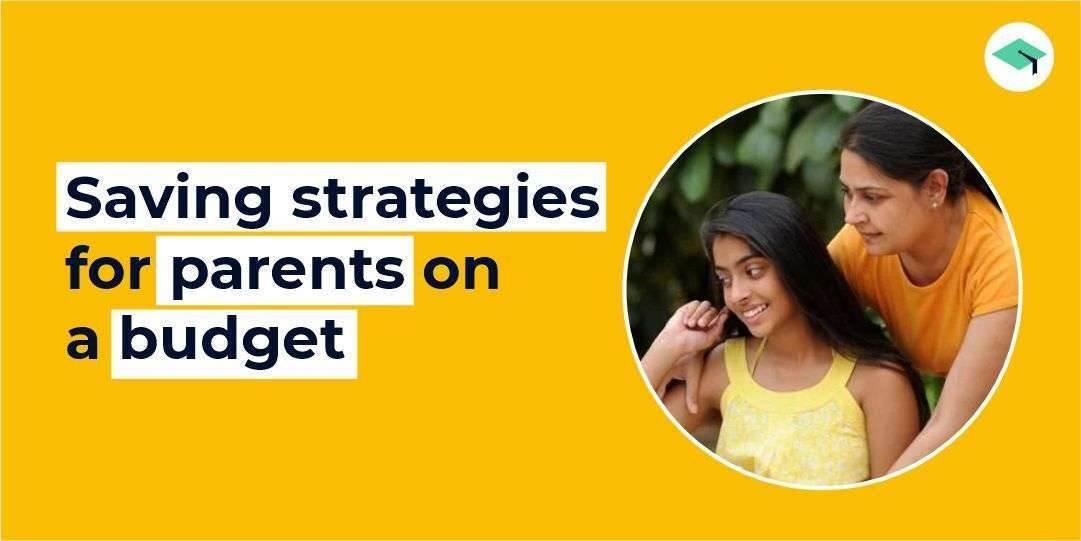Parents often need a well-defined and well-thought plan for their child’s future. Everything should be well planned, from education to marriage and risk coverage.
While every parent starts worrying early on, it is a good sign, worrying alone will not help. So, what will help? Acting on it will help.
Following are some rules that will help you secure your child’s future considering your budget, risk, and other factors you want to secure for your child
1. Use the power of compounding in equity to reach your goal
Should you wish you generate a corpus for your child’s education 15 years from now, you should not rely on FD but switch to equity-dominated mutual funds which offer higher growth rates in the range of 12-15% (conservative rate).
The table below shows how you can generate a corpus of Rs 1 crore by investing in different instruments.
| Product | Debt Fund | Balanced Funds | Equity Funds |
| CAGR Yield (%) | 8% | 12% | 15% |
| Monthly SIP | Rs 29,431 | Rs 21,011 | Rs 16,224 |
The key here is to focus on equities and adopt a systematic investment planning (SIP) approach.
2. Start early
The most significant rule is to start as early as possible. In the ideal case, an individual should start saving right after the child is born so that time can work in their favor. See below how starting early helps you reach a Rs 1 crore corpus:
| SIP Tenure | 18 years | 15 years | 12 years | 8 years |
| Yield | 15% | 15% | 15% | 15% |
| SIP required | Rs 10,179 | Rs 16,224 | Rs 26,617 | Rs 56,237 |
As we can see from the table above, the earlier you start better you earn, and the key is to make time work for investment.
3. Add insurance to the child’s plan
The SIP idea is good if you start early and invest through equity. By doing this, you are likely to accumulate enough corpus, but given life is unpredictable and you do not know what may happen tomorrow, it is good to add an insurance plan to your child’s portfolio so that their education plan is not impacted.
4. Factor Inflation while planning
National Sample Survey Office conducted research and stated that the cost of any professional degree/course nearly doubles in six years.
An individual while planning should also take into account this inflation rate while planning for children’s corpus. We believe the high inflation rate should never daunt an individual if time is on your side, as a higher time horizon provides a compounding benefit.
5. Protect goals
When sacrosanct goals such as children’s education, children’s marriage, etc., are concerned, it makes sense to ensure you have these goals covered separately in addition to the term plan you may choose to purchase for your child.
Ideally, it would be best if you took up a different term plan that safeguards essential goals in your child’s life, such as education.

6. Opt for a premium waiver plan
In the event of the unfortunate demise of the parent or guardian of the child, insurance providers tend to waive the premium. Thus, it makes sense to opt for a premium waiver plan while planning any insurance for children.
7. Save Aggressively
If you start an early investment for your child, it makes sense to invest in high-risk, high-return funds that have the potential to outperform other asset classes handsomely, albeit at the cost of higher risk.
We believe investors should avoid fixed-return savings schemes if their investment horizon exceeds ten years. The thumb rule says that for Child Education – Small & Midcap Funds Sahi Hai!
8. Always have a partial withdrawal plan in your portfolio
An emergency can knock door anytime. It is better individuals are well prepared for the same. There should be a provision for partial withdrawal from the child plan, or some funds should be liquid enough for such situations.
It helps to avoid any unwanted financial disturbance due to an emergency.
9. Always appoint a nominee
Death comes uninvited and is the inevitable truth of life. Hence it is essential to choose a nominee on whom you can rely. This person shall get the claim amount until your child becomes an adult.
10. Review the plan at regular intervals
Investors tend to start a plan and leave it on auto mode. However, you must track your investments and review the performance of your investments at regular intervals.
Some of the questions you can ask while reviewing investment include – has education cost gone up? Is your investment accumulation on track to achieve the goal, etc.?
It is undoubtedly true that all parents wish the best for their children. Typically, as soon as a baby is born, they start planning for their future.
At the center of these investments lies the thought of providing world-class education and benefits to children. Should you have any queries concerning planning for your children, feel free to write to us, and we shall be glad to assist.
